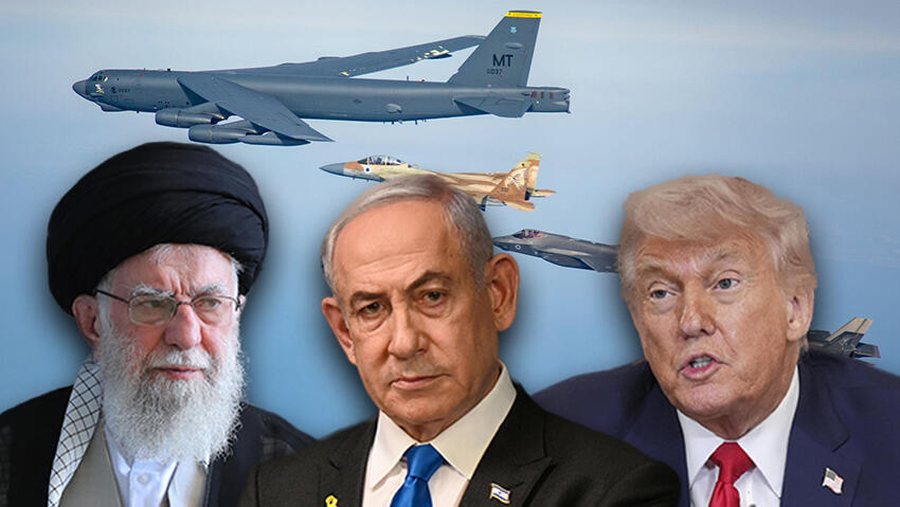
The American magazine "Foreign Affairs" warns that overthrowing the regime in Tehran without a viable alternative could lead to internal chaos or a military dictatorship determined to have nuclear weapons.
The American magazine “Foreign Affairs” devotes an analysis of the dangerous tensions between Israel and Iran after the Israeli military operation, which hit nuclear and military targets in Iran, killing civilians. Iran has responded with drone and missile attacks. The situation could further escalate and turn into a direct conflict between the US and Iran.
The administration of President Donald Trump has sent mixed signals, writes “Foreign Affairs”. Although it has helped Israel militarily, Trump has stated that he wants a nuclear deal with Iran. “Foreign Affairs” assesses that this diplomatic opportunity still exists – provided that the US distances itself from the Israeli military campaign and exerts its influence over Tehran and Tel Aviv.
According to the analysis, Israel sees this moment as the best opportunity to weaken not only the Iranian nuclear program, but also the regime in Tehran itself. The current Israeli campaign is more extensive than any previous intervention: over 200 aircraft have struck about 100 targets, and covert Mossad operations have eliminated key Revolutionary Guard figures and nuclear scientists. On the other hand, the Iranian leadership believes that Israel's ultimate goal is to overthrow the regime.
In this context, Iran could expand the conflict to a regional level by attacking American bases, oil infrastructure or maritime traffic in the Persian Gulf to force the US to put pressure on Israel. But a wider conflict could also involve the Americans themselves in the war. “Foreign Affairs” underlines that any American casualties would force Trump to react forcefully, risking a catastrophic escalation.
However, even if the US avoids direct involvement, the risk of a future war with Iran remains high. Although Israel has managed to delay Iran’s nuclear program, it has not been able to completely destroy it. Only a massive American intervention could do that, or – as the article suggests – a regime change in Tehran, which Israel itself is increasingly openly mentioning. But, Foreign Affairs warns, overthrowing the regime without a viable alternative could lead to internal chaos or a military dictatorship determined to have nuclear weapons.
In this dangerous situation, Trump has few options to preserve the peace and his position as a “negotiator.” Foreign Affairs believes that a diplomatic agreement is the best – and perhaps the only – option to avoid a nuclear-armed Iran and a new US war in the Middle East. This would require Trump to change strategy: to put pressure on Israel, perhaps by threatening to withhold military aid, and to offer a real deal to Tehran.
Foreign Affairs mentions the possibility of creating an international consortium to enrich uranium, including Saudi Arabia – an idea that Iran had accepted before the Israeli attacks. In exchange, the US could lift sanctions and trade embargoes.
As an example, Ronald Reagan's intervention in the 1980s to stop the Israeli bombing of Beirut and to broker a ceasefire between Iran and Iraq is cited. Although politically difficult, such diplomacy would have avoided a major military clash and served long-term US interests.
Foreign Affairs points out that without a deal, the Iranian regime will almost certainly pursue nuclear weapons plans as soon as it has the opportunity, leaving Trump with a dangerous choice: accept a nuclear-armed Iran or pursue another catastrophic war in the Middle East.
ER (A2 Televizion)











